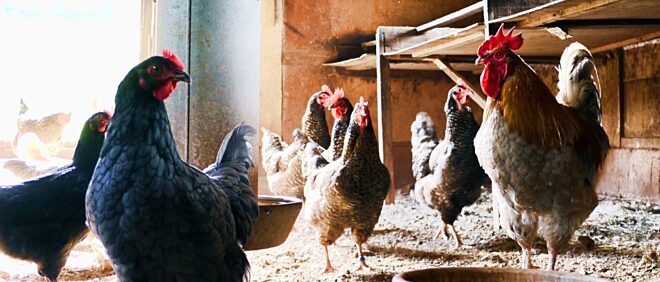
C-SNIPER: Campylobacter-Specific Nullification via Innovative Phage-mediated Enteropathogen Reduction
Campylobacteriosis is the most frequently reported food-borne illness in the EU.
Consumption of poultry, especially chicken meat, is considered the most common route for human infection. Colonization of broiler chickens at farm level leads to transmission of Campylobacter along the production chain, resulting in contamination of poultry meat at retail level. Standard control measures at farm level rely upon the use of antibiotics, which promote the selection and spread of multidrug resistant strains, an additional threat to public health. This project aims to reduce the prevalence of Campylobacter in poultry through innovative, non-antibiotic based mitigation measures that can be integrated into existing hygiene protocols. Specifically, the use of bacteriophage-based strategies as natural antimicrobials in the farm (pre-harvest) and in slaughter and/or processing facilities (post-harvest) will reduce incidence of poultry-borne food poisoning without impacting on animal welfare.
Project lead
Related Projects

EIT Community Artificial Intelligence













